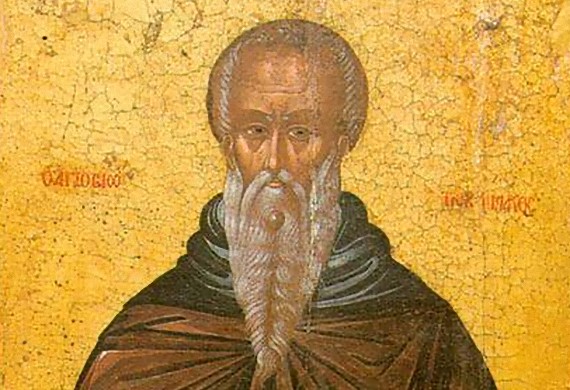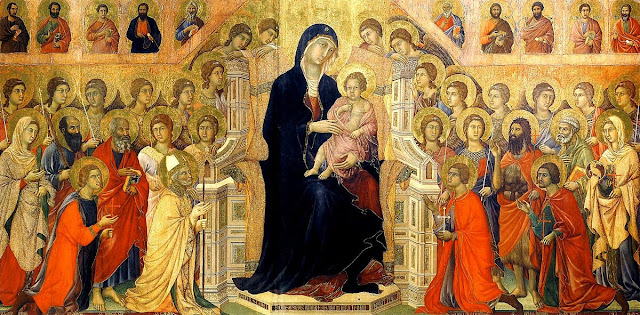HOW THE HOLY SOULS REPAY US FOR OUR HELP

HOW THE HOLY SOULS REPAY US FOR OUR HELP . “It is therefore a holy and wholesome thought to pray for the dead, that they may be loosed from sins.” (2 Mac 12:46) . St. Thomas of Aquinas, the Prince of Theologians, says that the fire of Purgatory is equal in intensity of the fire of Hell, and that the slightest contact with it is more dreadful than all the possible sufferings of this Earth. . St. Augustine, the greatest of the Holy Doctors, teaches that to be purified of their faults prior to being admitted to Heaven, souls after death are subjected to a fire more penetrating, more dreadful than anything we can see, or feel, or conceive in this life. “Though this fire is destined to cleanse and purify the souls”, adds the Holy Doctor, “still it is more acute than anything we can possibly endure on Earth.” . St. Cyril of Alexandria does not hesitate to say: “that it would be preferable to suffer all the possible formats of Earth until Judgment day, than pass one day in Purgatory.”...







